Dhaka, Nov 04 (V7N) — The long-standing speculation over whether BNP Chairperson Khaleda Zia would contest the upcoming 13th National Parliamentary Election has finally come to an end. The BNP officially announced her as a probable candidate for three constituencies, marking the formal launch of its election campaign. Acting Chairman Tarique Rahman has also been listed as a candidate for the first time.
At a press conference on Monday night at the BNP Chairperson’s political office in Gulshan, the party’s Secretary General Mirza Fakhrul Islam Alamgir revealed the names of 237 probable candidates out of the country’s 300 constituencies. According to the list, Khaleda Zia is expected to contest from Feni-1, Bogura-7, and Dinajpur-3, while Tarique Rahman will run from Bogura-6 — a seat Khaleda previously contested since 1996.
BNP leaders stated that the remaining 63 constituencies would either be left for alliance partners or finalized later after reviewing multiple nominations. Among the announced candidates, 83 are new faces who have never participated in a parliamentary election before. Several of them are second-generation politicians, with at least ten being sons or daughters of former MPs, and two being spouses of former representatives.
The list also includes four candidates from religious and ethnic minority communities and ten women across twelve constituencies. Notably, no members from the Zia family beyond Khaleda and Tarique have been included, and no single family has received multiple nominations.
The announcement comes after several other political alliances, including Jamaat-e-Islami, Islami Andolan, Khelafat Majlish, Gonotantra Moncho, AB Party, LDP, and the Labour Party, published their own lists ahead of the election scheduled for February 2026.
Mirza Fakhrul described the selection as part of the BNP’s broader democratic struggle. “After 16 years, we are heading toward a national election in February 2026. This list reflects our ongoing efforts to restore democracy and people’s voting rights,” he said. “We have nominated competent and popular leaders, and discussions are ongoing with allied parties regarding some seats.”
He emphasized that the list remains tentative and subject to revision. “This is our most accurate probable list so far, but not the final one,” he noted.
The BNP’s Standing Committee meeting, chaired virtually by Acting Chairman Tarique Rahman from London, finalized the list earlier in the day after consultations with divisional organizers. Party leaders were instructed to unite grassroots supporters behind the nominated candidates.
Among the heavyweights, Khaleda Zia, Tarique Rahman, and Mirza Fakhrul Islam Alamgir lead the list. Senior members such as Dr. Khandaker Mosharraf Hossain, Mirza Abbas, Goyeshwar Chandra Roy, Dr. Abdul Moyeen Khan, Amir Khosru Mahmud Chowdhury, and Hafizuddin Ahmed are also included.
However, prominent figures like Nazrul Islam Khan, Selima Rahman, Ruhul Kabir Rizvi, and Shamsuzzaman Dudu are missing from the first phase list, though party sources hinted they may still play key roles in campaign activities.
The BNP’s list also confirms the participation of 83 new faces, including educators, professionals, and youth leaders. Minority community representatives include Nitai Roy Chowdhury (Magura-2), Goyeshwar Chandra Roy (Dhaka-3), Dipen Dewan (Rangamati), and Saching Prue (Bandarban).
Interestingly, no journalists or entertainment industry personalities, who were previously linked with BNP politics, appeared in the nomination list despite earlier speculation.
Shortly after the announcement, protests erupted in several districts, including Madaripur, Chattogram, Cumilla, Meherpur, Magura, and Kushtia, as supporters of excluded aspirants expressed anger through demonstrations and road blockades.
Senior BNP leaders present at the press conference included members of the Standing Committee and organizational secretaries. The party reaffirmed its commitment to internal unity and fair candidate selection ahead of the critical election that could reshape Bangladesh’s political future.
END/SMA/AJ/



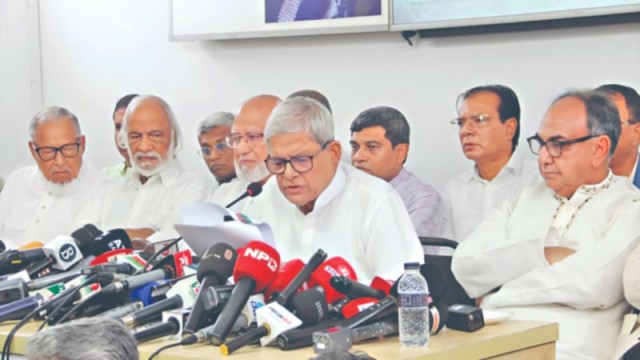
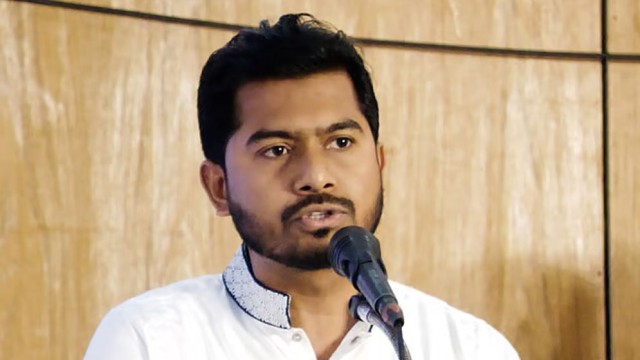
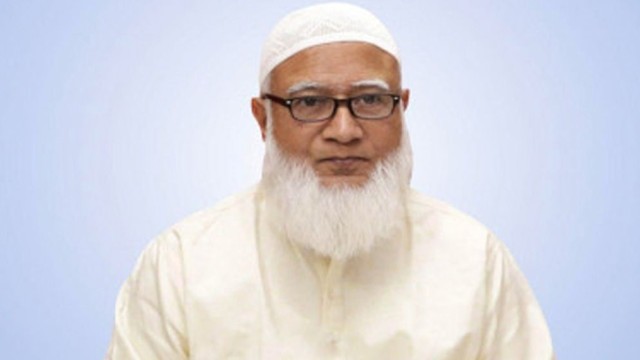

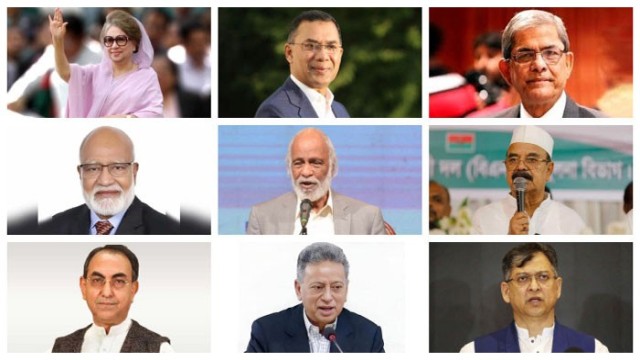
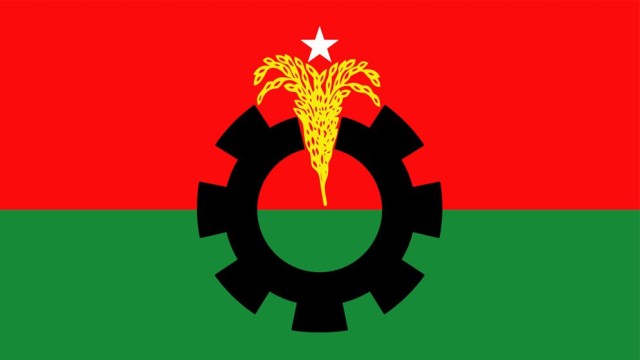
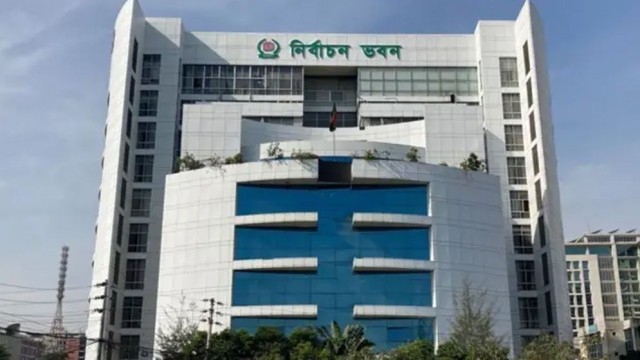
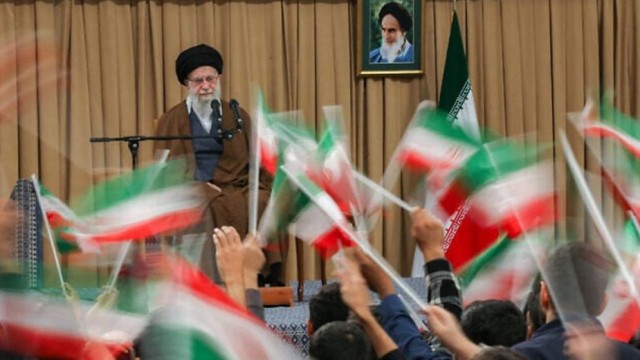
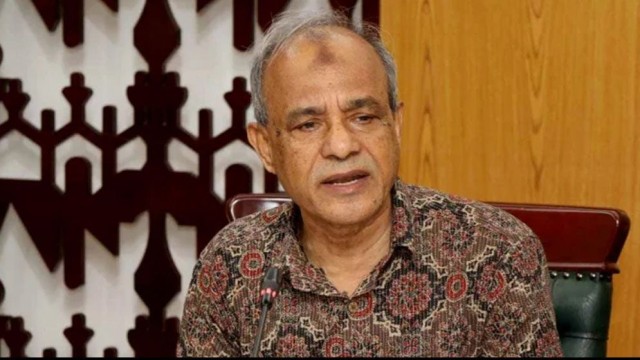
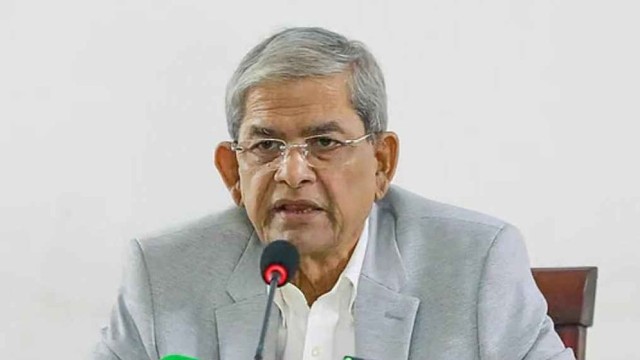
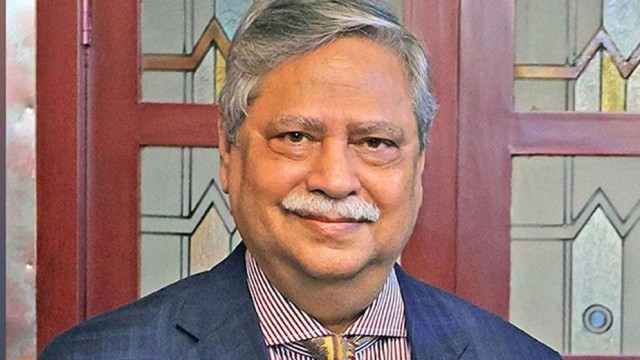
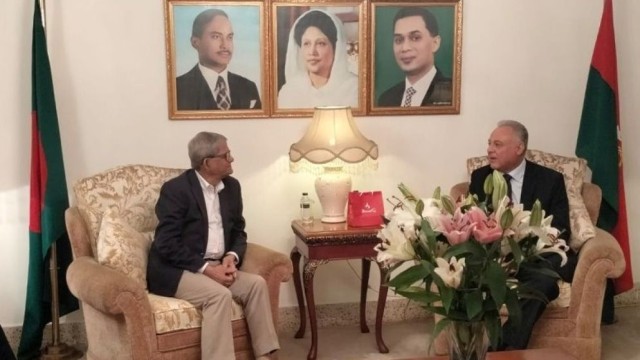
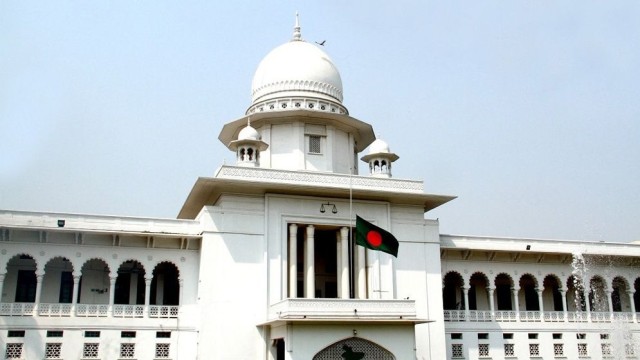
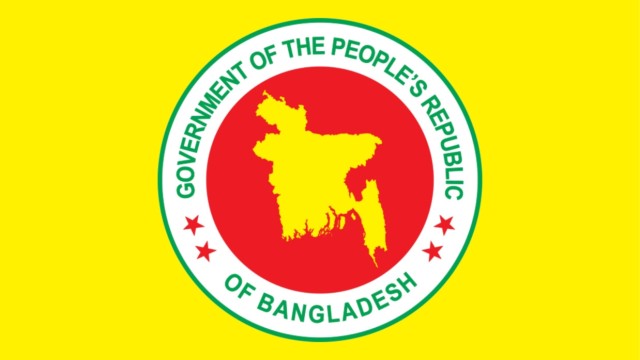
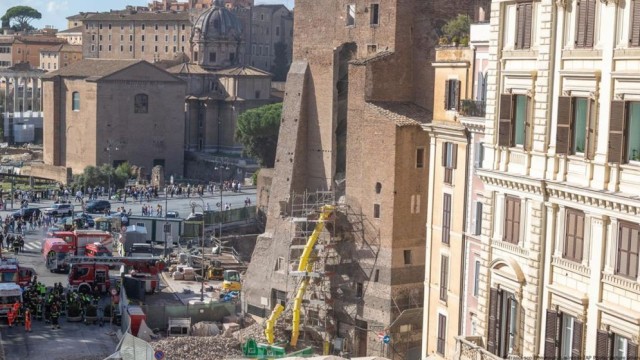

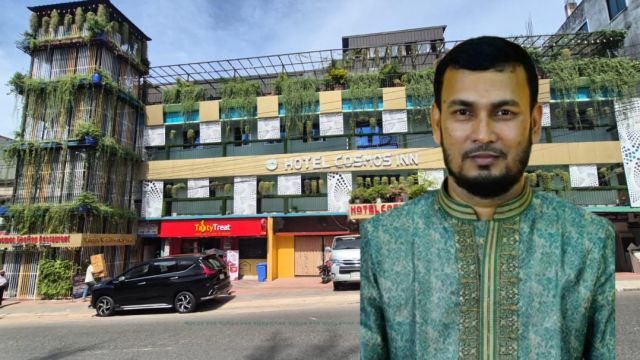
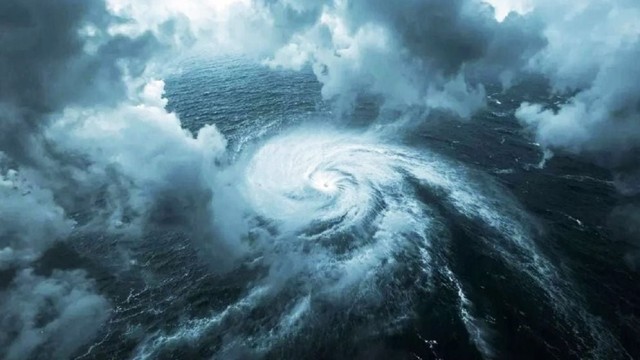
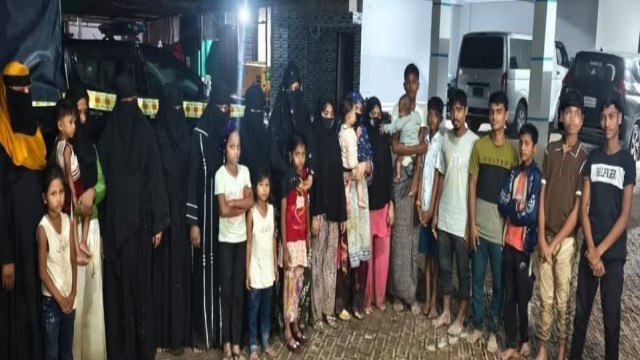
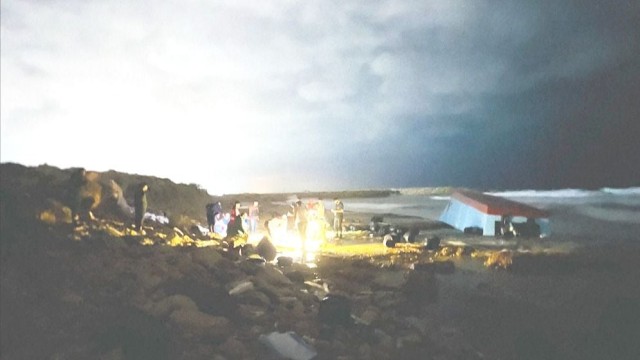
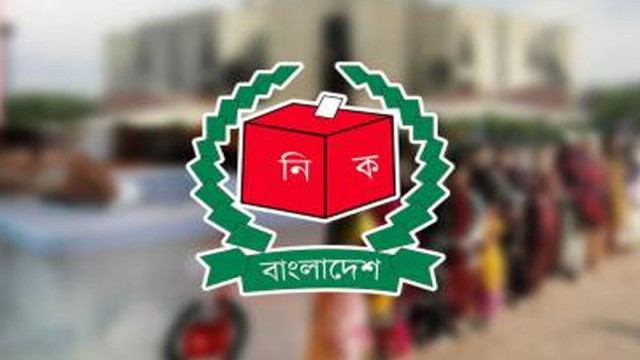


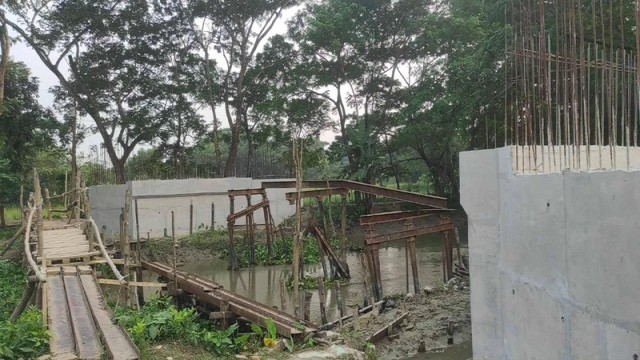

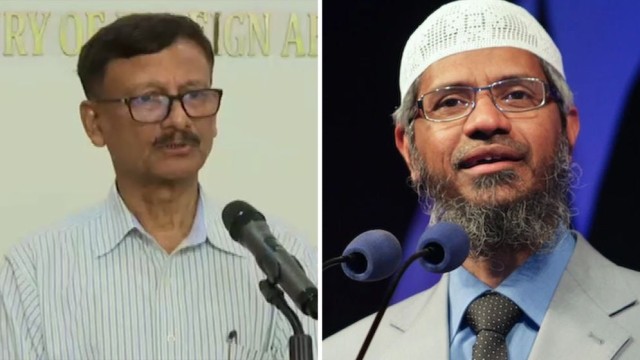
Comment: